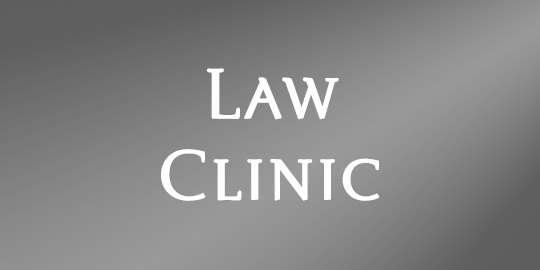Research
The CRDE has many fields of interest, concerning the most relevant issues of the International and European Law
The activities of the CRDE are committed to the study and analysis of several areas of the International and European Law, including institutional and legal aspects of the European Union Law, Human Rights Law, International Criminal Law, International Investments Law, Law of Treaties, relationship among International, European and national legal orders.
The CRDE sets out and contributes to several research projects, some of which are still ongoing and involve many scholars from the most important Italian and foreign Universities.
Formal and Substantive Guarantees in Judicial Proceedings:
Concurrence, Comparison and Conflicts Among Legal Systems Within the Espace Juridique of the European Integration
(“Unitelma Sapienza” Research Project, 2016 – Principal investigator: Nicola Napoletano)
Crisis Management in Eastern Europe, Africa and Middle East and Relationship Between the United Nations and Regional and Sub-regional Organizations.
The Trend Towards Increasing Regionalism:
A Comparison Between Intervention Strategies
(“Unitelma Sapienza” Research Project, 2014 – Principal investigator: Nicola Napoletano)
The Democratic Principle in the Making and Implementation of International and European Economic Law
(PRIN 2010/2011– Principal investigator: Enzo Cannizzaro)
The main purpose of this research project is to determine which is the impact of the democratic principle on the exercise of legislative, economic and financial competences at the European and international level. The overarching objective is to figure out a legislative model taking into account the different aspects of the democratic principle as a limit to the taking of economic and financial decisions at the international and European level. In fact, this principle has both substantial and procedural consequences: on the one hand, it requires some kinds of participation and consent in the decision-making related to the international economic governance; on the other hand, it demands the respect of the fundamental principles concerning social economy, social rights and the rule of law. In this sense, the legislative model sought could contribute to provide the guidelines for policies and reforms, related to the economic and social relationships with the recipient countries of financial aids and international cooperation.
Research unit: “Unitelma Sapienza” University of Rome (Enzo Cannizzaro); University of Trieste (Stefano Amadeo); “Tor Vergata” University of Rome (Luigi Daniele); LUM “Jean Monnet” University (Patrizia De Pasquale); University of Genova (Paola Ivaldi); “La Sapienza” University of Rome (Sergio Marchisio); University of Macerata (Paolo Palchetti); LUISS “Guido Carli” University of Rome (Elena Sciso).




